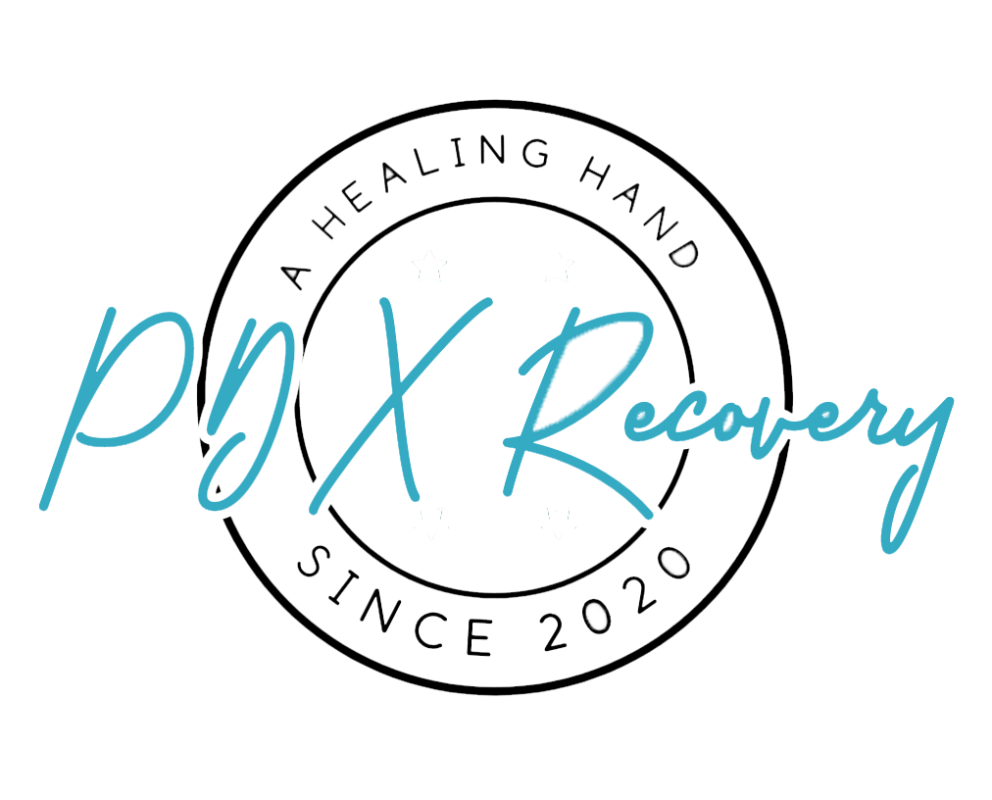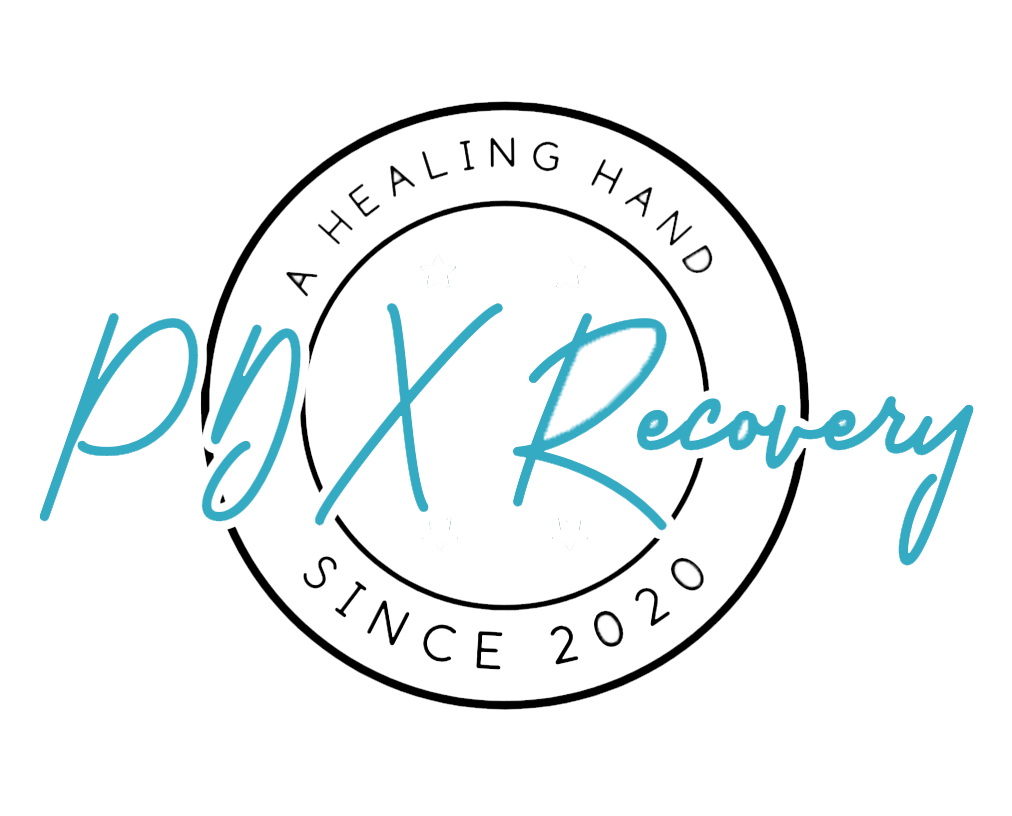
Exploring Outpatient Drug Rehab Portland Oregon
At PDX Recovery, we recognize the journey to sobriety as a deeply personal and unique path for every individual. Our outpatient drug rehab Portland Oregon programs are designed to provide flexibility while offering comprehensive and effective treatment for substance use and mental health disorders. This flexibility is crucial for those who must balance treatment with their everyday responsibilities like work, school, or family.
Personalized Treatment Approaches
Every person’s battle with addiction and mental health is distinct, and so should be their treatment plan. At PDX Recovery, we begin with a thorough assessment to understand each client’s specific needs. This individualized approach enables us to tailor our interventions, whether it’s addressing alcohol addiction, benzos, cocaine, or other substances, alongside any co-occurring mental health disorders such as ADHD, anxiety, bipolar disorder, or PTSD.
Evidence-Based Therapies
Our commitment to evidence-based therapies like cognitive behavioral therapy (CBT), dialectical behavioral therapy (DBT), and relapse prevention strategies ensures that our clients receive the most effective treatment possible. Our therapy sessions, whether in a group setting or one-on-one, are facilitated by professionals trained in these cutting-edge treatments, fostering a robust foundation for recovery.
Comprehensive Care Beyond Treatment
Recovery from substance use and mental health disorders extends far beyond the confines of traditional treatment modalities. At PDX Recovery, we emphasize holistic wellness, incorporating practices that nurture the body, mind, and spirit. This approach not only aids in recovery but also in the development of a lifestyle that supports long-term sobriety and mental health.
Working with Insurance
Understanding the financial aspect of treatment is crucial. PDX Recovery collaborates with most major insurance providers to make our programs accessible to as many people as possible. This collaboration ensures that individuals can receive high-quality treatment without the burden of overwhelming expenses.
Community and Support
The role of community and support networks in the journey to recovery cannot be overstated. Our outpatient programs encourage the building of these networks, offering a safe and supportive environment where individuals can share their experiences and challenges. This sense of community is vital for long-term recovery, providing a foundation of support that extends well beyond the conclusion of the treatment program.
Personal insights from our staff and the shared experiences of past clients highlight the transformative impact of feeling understood and supported. These stories of resilience and recovery are a testament to the power of community in the healing process.
Addressing the Root Causes
Treatment at PDX Recovery is not just about managing symptoms but understanding and addressing the underlying causes of addiction and mental health issues. By focusing on the root causes, we aim to provide a more sustainable path to recovery, equipping our clients with the tools they need to navigate the challenges of life without reverting to substance use.
Our programs offer more than just recovery from addiction; they are a journey towards self-discovery and personal growth. Clients often report not only a newfound sobriety but also an improved sense of self and a positive outlook on life.
Flexibility for Life’s Demands
One of the challenges of seeking treatment is balancing the demands of recovery with life’s other obligations. Our outpatient drug rehab Portland Oregon programs are specifically designed to provide the flexibility needed to maintain these responsibilities. We understand that life doesn’t stop for recovery, which is why our programs are structured to support real life engagement.
Individual and Group Therapy Sessions
Therapy is a cornerstone of our treatment approach, offering both individual and group sessions to cater to the diverse needs of our clients. Individual sessions provide a private space to work through personal issues, while group sessions offer the opportunity to learn from and support peers. This blend of therapies ensures a comprehensive treatment experience.
Relapse Prevention Strategies
Our focus on relapse prevention is about empowering our clients with the knowledge and skills to recognize and manage triggers and cravings. We prioritize strategies that clients can integrate into their daily lives, ensuring they have a robust set of tools to maintain their sobriety in the long term.
Embracing Recovery and Wellness
In conclusion, PDX Recovery is dedicated to the principle that outpatient drug rehab Portland Oregon should be a transformative journey that addresses not only the symptoms of addiction and mental health disorders but also the underlying causes. Our programs are designed with the understanding that each individual’s path to recovery is unique. By offering personalized treatment, embracing a holistic approach, and fostering a supportive community, we provide our clients with the foundation for a lasting recovery. Embarking on this journey with PDX Recovery means not just seeking to overcome addiction, but also working towards a fuller, richer life.

What does personalized treatment in outpatient drug rehab entail?
Personalized treatment at our facilities means that no two treatment plans are the same. We start with a thorough assessment of each individual’s specific needs, including the type of substance used, the presence of any co-occurring mental health disorders, and their personal circumstances. For someone struggling with alcohol addiction and anxiety, their treatment plan might include a focus on cognitive behavioral therapy to address anxiety triggers while also incorporating strategies for managing cravings. Imagine a client, let’s call her Anna, who works a full-time job and is a single parent. Anna’s treatment plan would be designed to fit into her busy schedule, allowing her to receive therapy in the evenings or even virtually, ensuring she doesn’t have to compromise on her responsibilities. The aim is to provide a comprehensive, multifaceted approach tailored to the individual, ensuring the highest chance of long-term recovery.
How do evidence-based therapies contribute to recovery?
Evidence-based therapies are treatments that have been scientifically tested and proven to be effective in treating addiction and mental health disorders. Cognitive Behavioral Therapy (CBT), for example, helps clients identify and challenge negative thought patterns and behaviors, teaching them more adaptive ways of coping with stress and triggers. Dialectical Behavior Therapy (DBT) focuses on improving emotional regulation and can be especially beneficial for those with a dual diagnosis, such as substance abuse and bipolar disorder. By incorporating these therapies into our programs, we’re not just guessing at what might work; we’re using methods backed by rigorous research to build a solid foundation for recovery. For instance, a young man named Michael found that through CBT, he was able to challenge the thought patterns that led him to use substances as a coping mechanism for his depression, ultimately leading to a significant improvement in his mental health and a decrease in his substance use.
How does outpatient drug rehab work with insurance to make treatment accessible?
Navigating the complexities of insurance can be daunting, but it’s a crucial part of ensuring access to treatment for many individuals. We work closely with most major insurance providers to help clients understand their benefits and coverage for substance use and mental health treatment. Our team assists with verifying insurance, explaining the types of treatments covered, and outlining any out-of-pocket costs upfront. This process ensures that individuals can focus more on their recovery journey rather than worrying about financial strains. Let’s say a client, Sarah, comes to us feeling overwhelmed by the financial aspect of treatment. Our team would work with her to break down her insurance benefits, potentially uncovering coverage options she wasn’t aware of, therefore, making her pathway to recovery more manageable financially.
Why is community and support network crucial in outpatient rehab?
The journey to recovery is not a solitary one; the support of a community can be a powerful tool in maintaining long-term sobriety. Within our outpatient rehab programs, we emphasize the importance of building connections with peers who understand the challenges of recovery. This sense of community provides a safe space to share experiences, learn from others, and receive encouragement. Consider Tom, who felt isolated in his struggles with addiction. By participating in group therapy and support meetings, he found a community of individuals who shared similar experiences and challenges. This support network became an invaluable resource for Tom, offering encouragement and understanding on his worst days and celebrating his milestones in recovery. Beyond the treatment program, these connections often continue, providing a lasting foundation of support.
How does outpatient rehab address the root causes of addiction?
Addressing the root causes of addiction is pivotal for achieving lasting recovery. Addiction often stems from underlying issues such as trauma, stress, mental health disorders, or unresolved emotional pain. Our approach goes beyond managing symptoms; it seeks to uncover and address these underlying causes. Through individual therapy, clients have the opportunity to explore personal history, behaviors, and triggers in a deep and meaningful way. This exploration is critical for understanding the root of the addiction and developing healthier coping mechanisms. For instance, Emily came to us using substances as a way to cope with childhood trauma. Through targeted therapy, she was able to confront and process these traumatic experiences, reducing the emotional pain that fueled her substance use. By tackling these root causes, we not only aid in recovery but also empower our clients towards a more fulfilling life.
Recovery Resources
- Substance Abuse and Mental Health Services Administration (SAMHSA) – SAMHSA is the leading agency in the U.S. working to reduce the impact of substance abuse and mental illness on America’s communities.
- National Institute on Drug Abuse (NIDA) – NIDA is a government agency dedicated to advancing addiction science and informing the public on the harms of drug abuse.
- American Psychiatric Association (APA) – The APA is a professional organization representing psychiatrists in the United States, offering resources on mental health and addiction treatment.
- National Alliance on Mental Illness (NAMI) – NAMI is a grassroots mental health organization providing support, education, and advocacy for individuals and families affected by mental illness.
- Centers for Disease Control and Prevention (CDC) – The CDC is a national public health institute that provides information on various health topics, including substance abuse and mental health.





